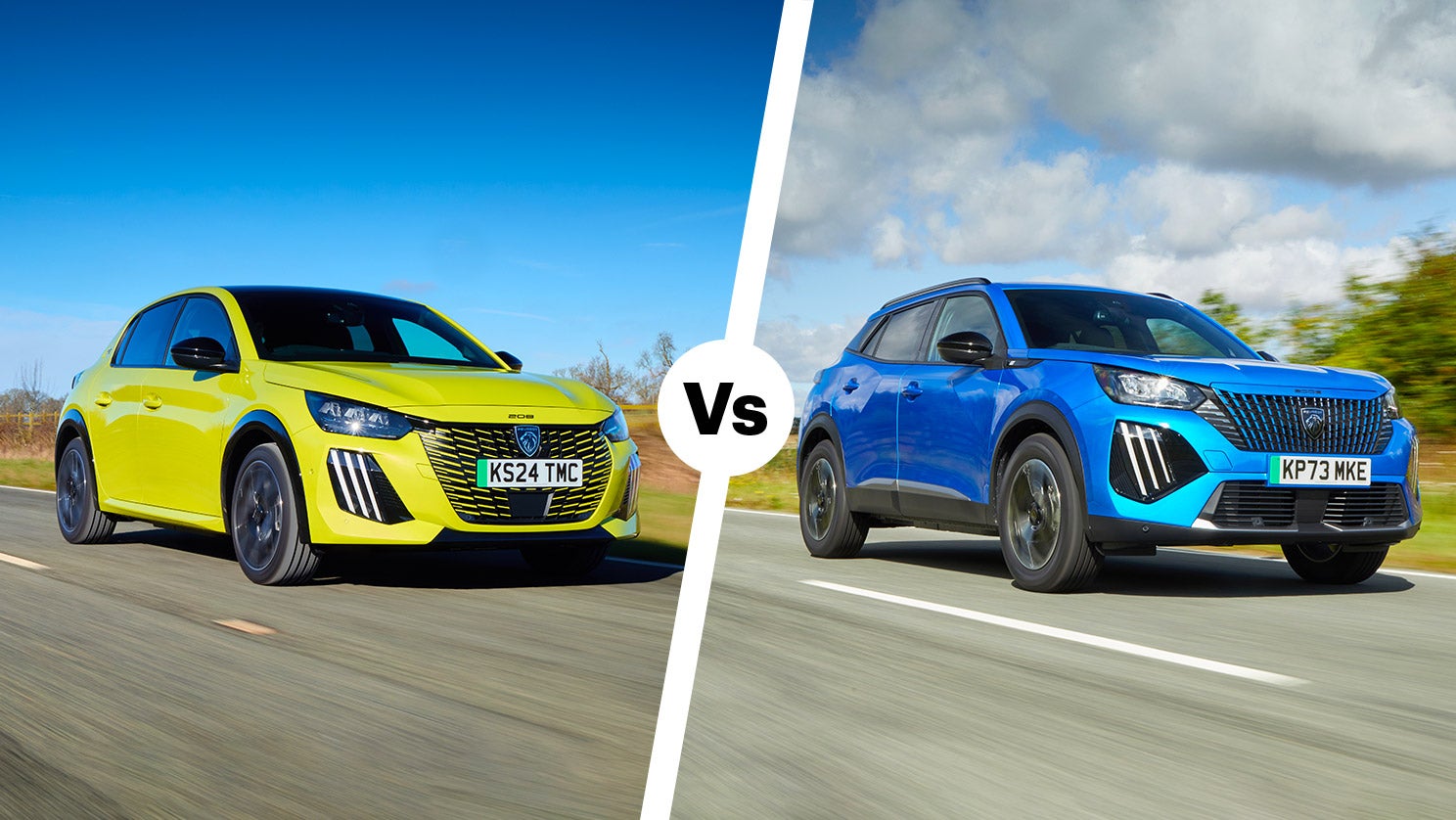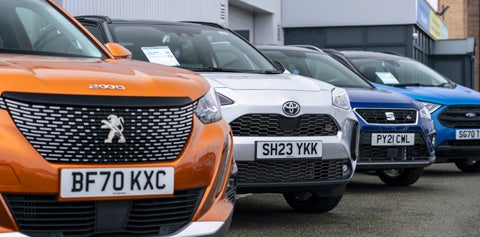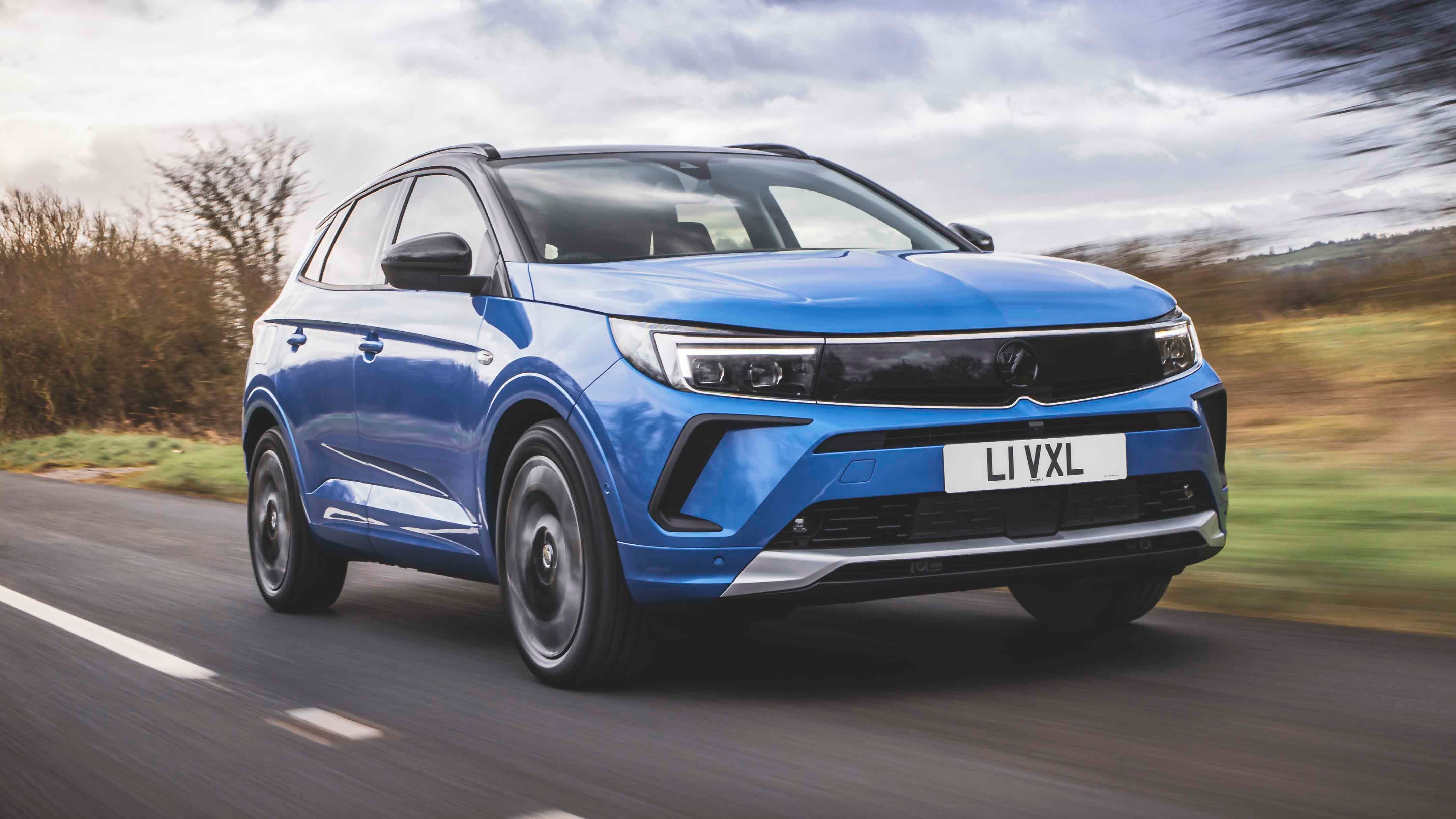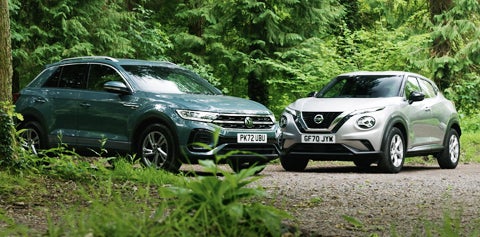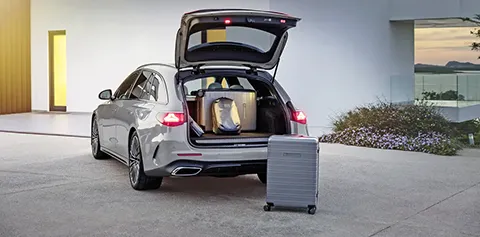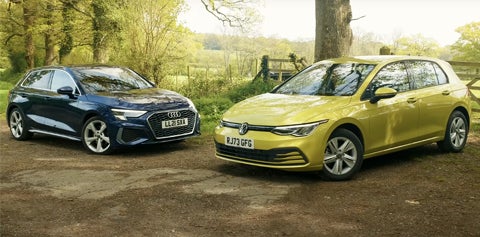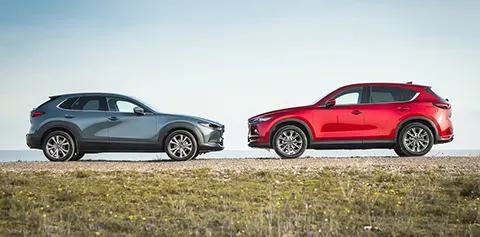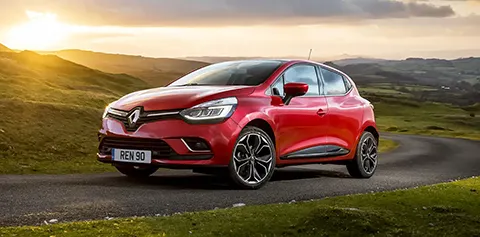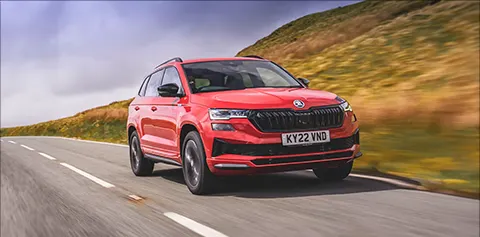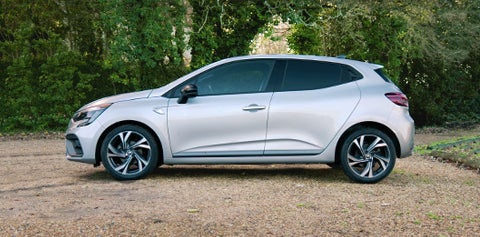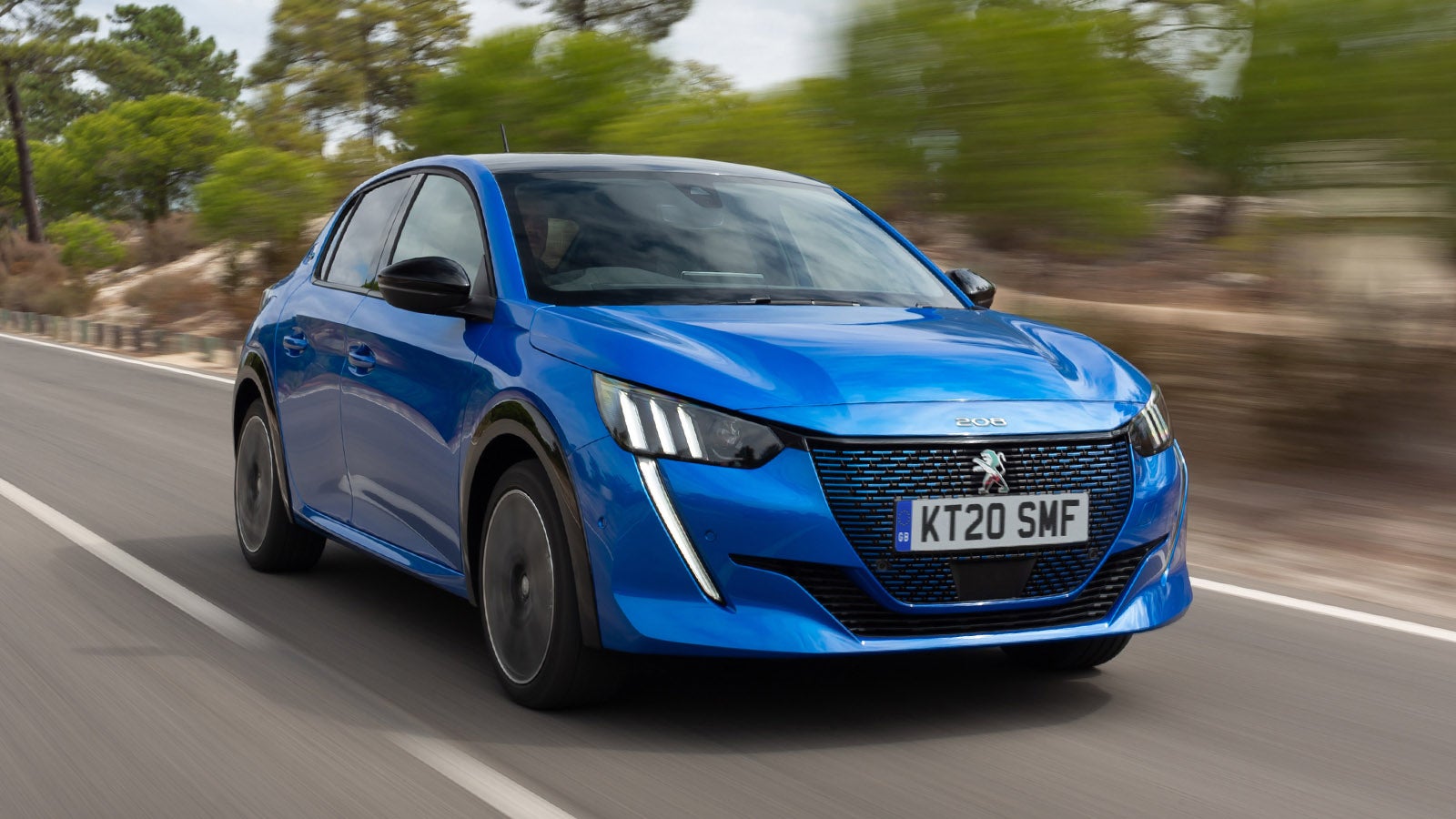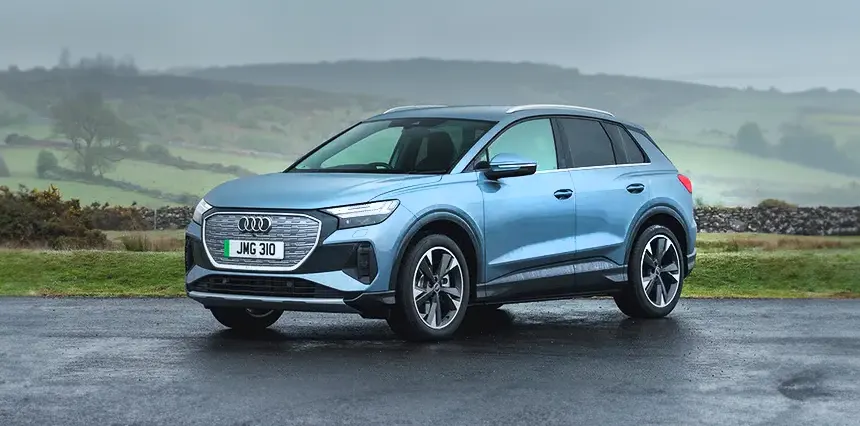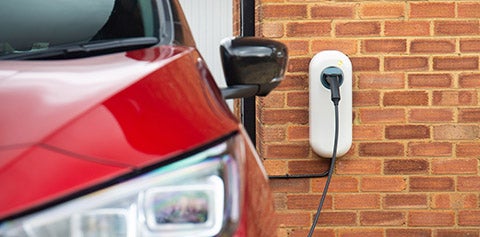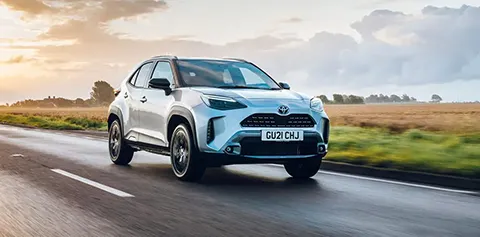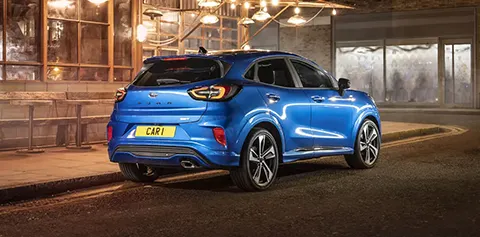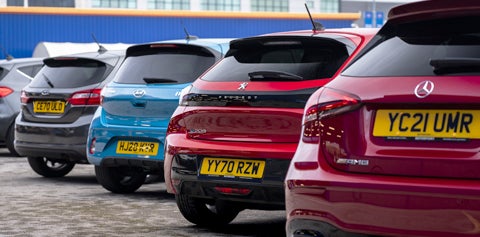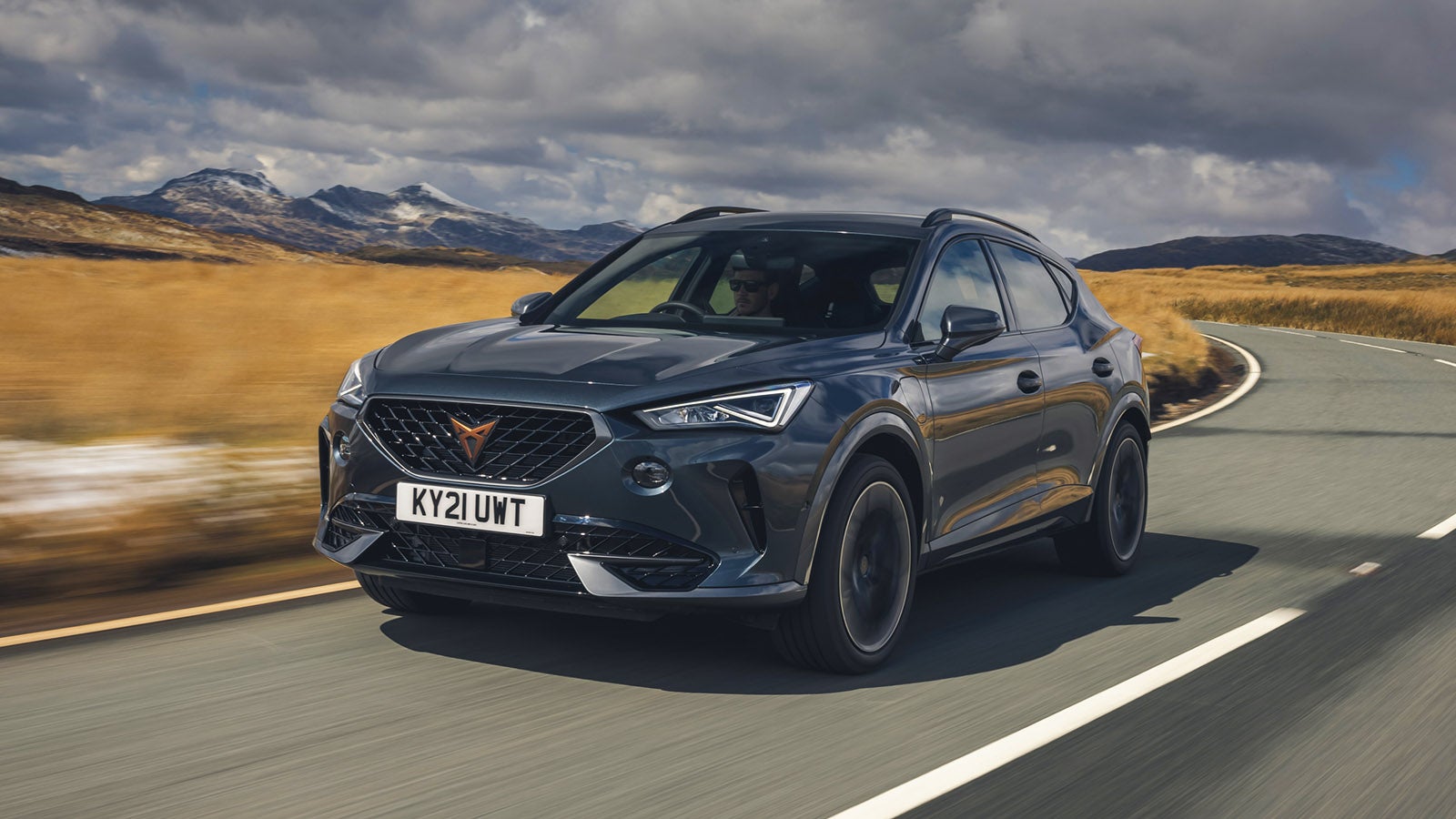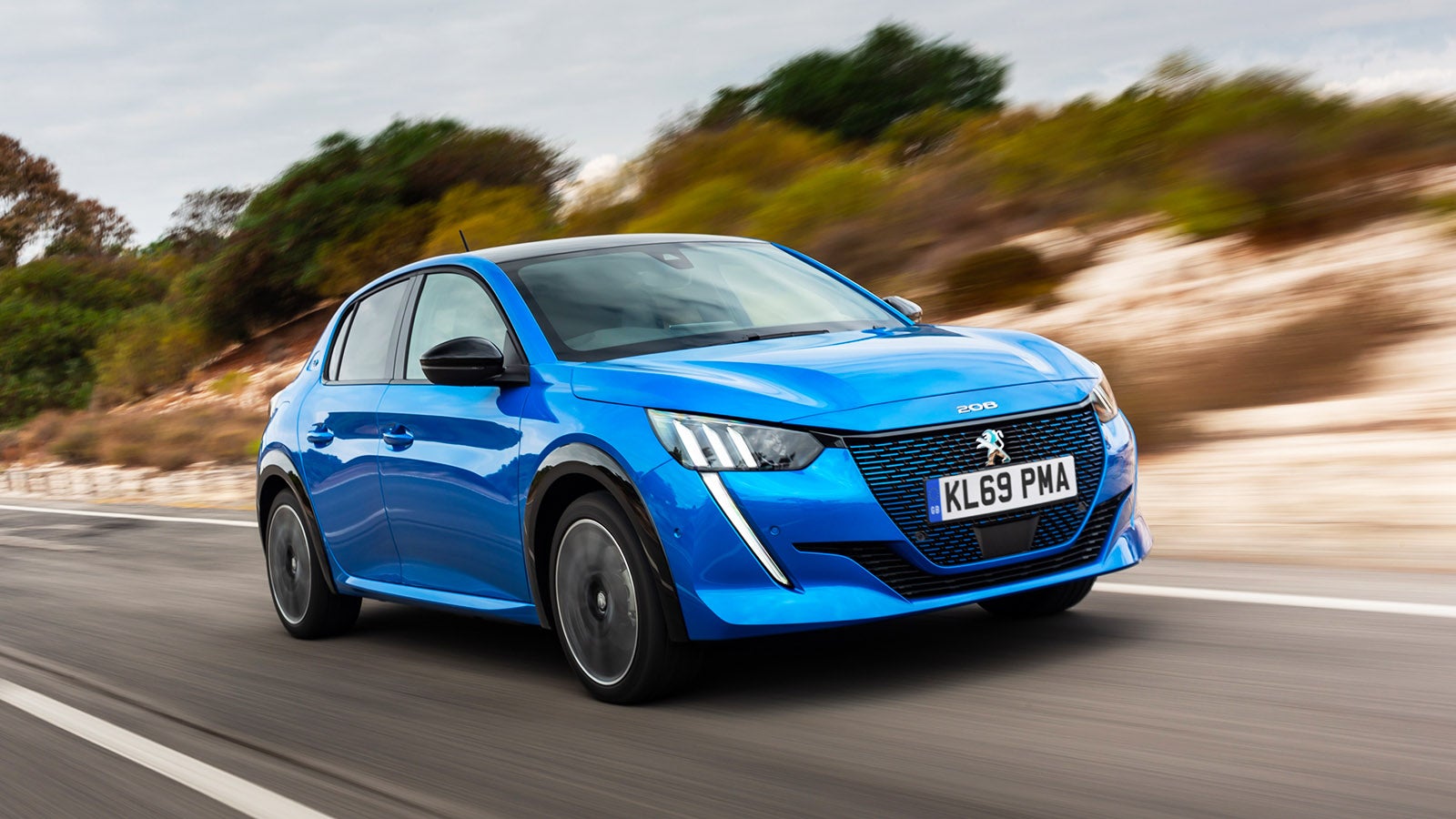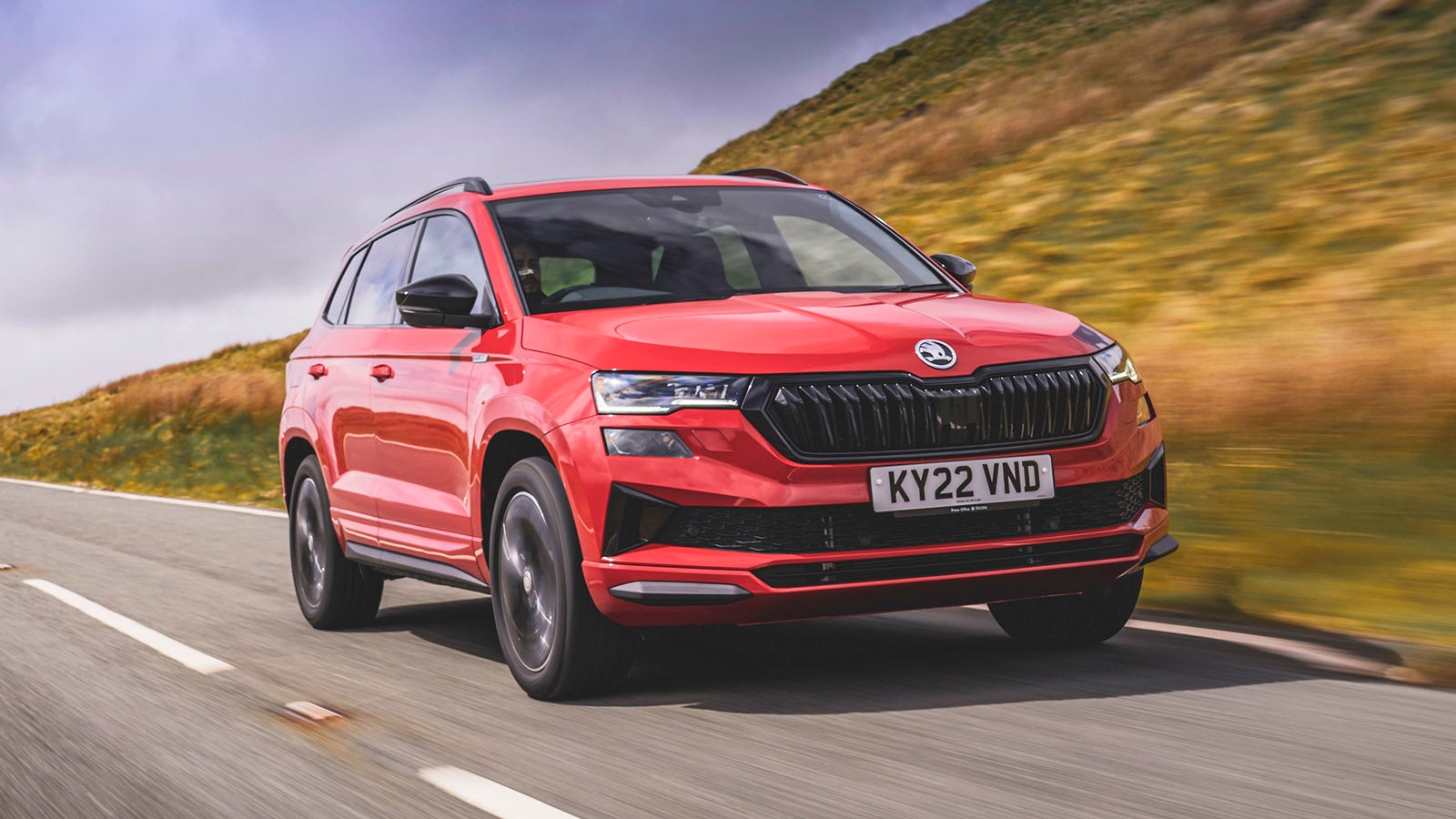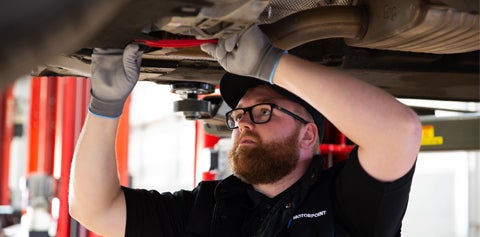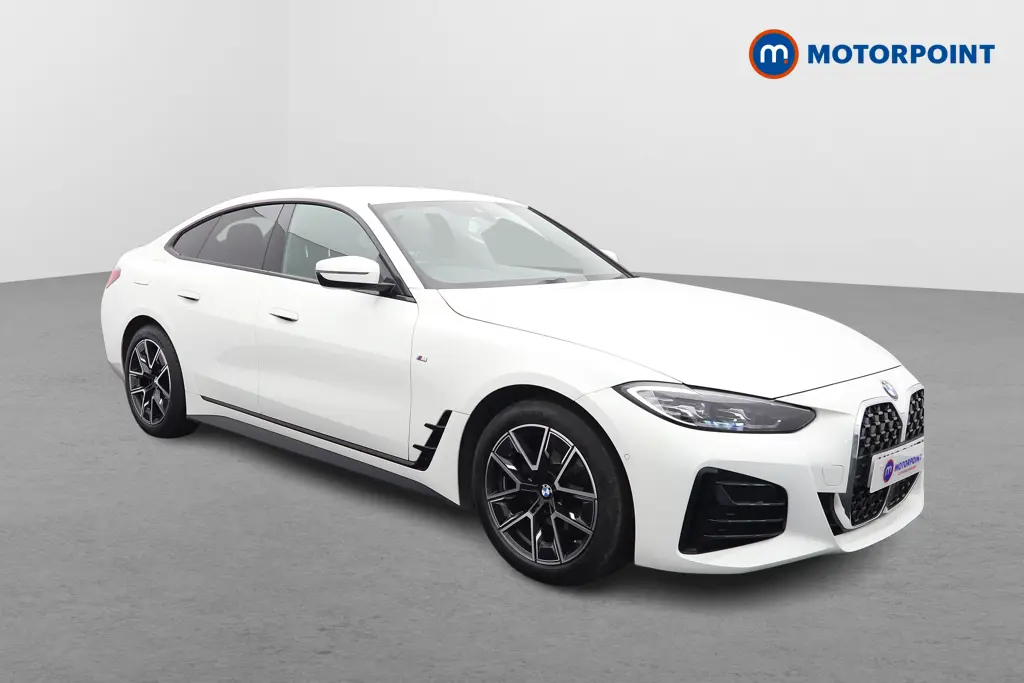-
- Buy
-
Buy
- All Cars
-
Browse all cars Popular makes Browse coming soon cars Coming soonAll Cars
- £10,000 or under
- Coming soon SUVs
- Coming soon hatchbacks
- Coming soon electric
- Coming soon automatics
- Audi A3
- BMW 1 Series
- Cupra Formentor
- Ford Fiesta
- Shop Ford Kuga
- Hyundai Tucson
- Kia Sportage
- MG HS
- Vauxhall Grandland
- Volkswagen Golf
- Volkswagen Polo
- By Make
-
Popular makesBy Make
- By Model
-
Popular modelsBy Model
- Audi A3
- BMW 1 Series
- Cupra Formentor
- Ford Fiesta
- Shop Ford Kuga
- Hyundai Tucson
- Kia Sportage
- MG HS
- Vauxhall Grandland
- Volkswagen Golf
- Volkswagen Polo
 Peugeot 208 vs Peugeot 2008 comparison Peugeot 208 vs Peugeot 2008 compared
Peugeot 208 vs Peugeot 2008 comparison Peugeot 208 vs Peugeot 2008 compared 10 of the best small SUVs on sale Get inspired by our round-up of the best small SUVs
10 of the best small SUVs on sale Get inspired by our round-up of the best small SUVs Nearly new BMW I5 This car gives you a calm, composed driving experience
Nearly new BMW I5 This car gives you a calm, composed driving experience Vauxhall Grandland review The Grandland does everything its Qashqai and Kuga rivals do – for less money
Vauxhall Grandland review The Grandland does everything its Qashqai and Kuga rivals do – for less money - By Body Style
-
Body styleBy Body Style
 See all SUVs Want an SUV or crossover? Head right this way
See all SUVs Want an SUV or crossover? Head right this way Is an estate car right for you? Find out what an estate car is and whether you need one!
Is an estate car right for you? Find out what an estate car is and whether you need one! See all hatchbacks Check out our selection of family hatchbacks
See all hatchbacks Check out our selection of family hatchbacks The best SUVs and crossovers for families Get inspiration for your next family SUV with our handy list
The best SUVs and crossovers for families Get inspiration for your next family SUV with our handy list - By Budget
-
Price Monthly budgetBy Budget
- £0 deposit & £199/month
- £249 deposit & £249/month
- £299 deposit & £299/month
- £349 deposit & £349/month
- Under £200/month
- £200-£300/month
- £300-£400/month
- Over £400/month
 The best used cars under £10,000 See the best affordable used cars on sale
The best used cars under £10,000 See the best affordable used cars on sale The best used cars under £20,000 Got a budget of £20,000? These are our picks for you
The best used cars under £20,000 Got a budget of £20,000? These are our picks for you Best cars under £200 per month Make your money go further with these used gems
Best cars under £200 per month Make your money go further with these used gems Best cars under £300 per month Make your money go further with these used gems
Best cars under £300 per month Make your money go further with these used gems - Electric Cars
-
Browse all electric cars Popular makes Popular models Monthly budgetElectric Cars
 10 of the best electric cars you can buy On the lookout for an EV? Here are 10 of the best
10 of the best electric cars you can buy On the lookout for an EV? Here are 10 of the best How much does it cost to run an electric car? See the real-world costs of EV life
How much does it cost to run an electric car? See the real-world costs of EV life - Hybrid cars
-
Browse all hybrid cars Popular makes Popular models Fuel typeHybrid cars
Hybrid buying guides
 10 of the best used hybrids you can buy Fancy a bit of electric power? Try one of these!
10 of the best used hybrids you can buy Fancy a bit of electric power? Try one of these! What are mild hybrids? Are they worth it? Find out if a mild hybrid car is right for you
What are mild hybrids? Are they worth it? Find out if a mild hybrid car is right for you - Stock Number Search
-
Stock Number SearchStock numberPlease check the stock number that you entered was correct. If so, this may mean that the vehicle you wanted to look at has been sold
-
- Sell
-
Sell my car Selling adviceSell
- How to get the most money for your car
- Can you sell a car on finance?
- What you need to know about part-exchanging
 Get a valuation Get a free no-obligation valuation for your car
Get a valuation Get a free no-obligation valuation for your car Your guide to part-exchange Find out all you need to know about part-ex
Your guide to part-exchange Find out all you need to know about part-ex -
- Reviews
-
Read all reviewsReviews
Latest car reviews
 Cupra Formentor review The Cupra Formentor blends the best parts of coupe and SUV body styles
Cupra Formentor review The Cupra Formentor blends the best parts of coupe and SUV body styles Peugeot 208 review The Peugeot 208 majors on style both inside and out
Peugeot 208 review The Peugeot 208 majors on style both inside and outLatest best lists
 The 10 best reliable SUVs These 10 SUVs should deliver years of hassle-free motoring
The 10 best reliable SUVs These 10 SUVs should deliver years of hassle-free motoring 10 of the best estate cars Need a big boot but don't want an SUV? Head this way…
10 of the best estate cars Need a big boot but don't want an SUV? Head this way… -
- Finance
-
Finance
- Car Finance
- Personal Contract Purchase (PCP)
- Hire Purchase (HP)
- Types of Car Finance Explained
- No-Deposit Car Finance
 How does PCP car finance work? Find out about the most popular type of car finance
How does PCP car finance work? Find out about the most popular type of car finance Hire Purchase (HP) explained Find out all about hire purchase car finance
Hire Purchase (HP) explained Find out all about hire purchase car finance -
- Aftercare
-
Warranty & Insurance Motorpoint ProtectAftercare
 Motorpoint Warranty Find out what's covered
Motorpoint Warranty Find out what's covered
-
- Stores
-
View all stores EnglandStores
- Ipswich
- Maidstone
- Manchester
- Norwich
- Oldbury
- Peterborough
- Portsmouth
- Sheffield
- Stockton-on-Tees
- Widnes
-
- About us
-
How To BuyAbout us
- Why choose Motorpoint?
- Motorpoint Quality Standard
- Home delivery
- Reserve and collect
- Same day driveaway
 Motorpoint Arena priority tickets Beat the queues and get early access to a range of fantastic events at Motorpoint Arena Nottingham
Motorpoint Arena priority tickets Beat the queues and get early access to a range of fantastic events at Motorpoint Arena Nottingham
MyMotorpoint
Sign out
Help & Support
-
Call 01332 227 227Lines closed, open Mon 8:30am
- Stores
